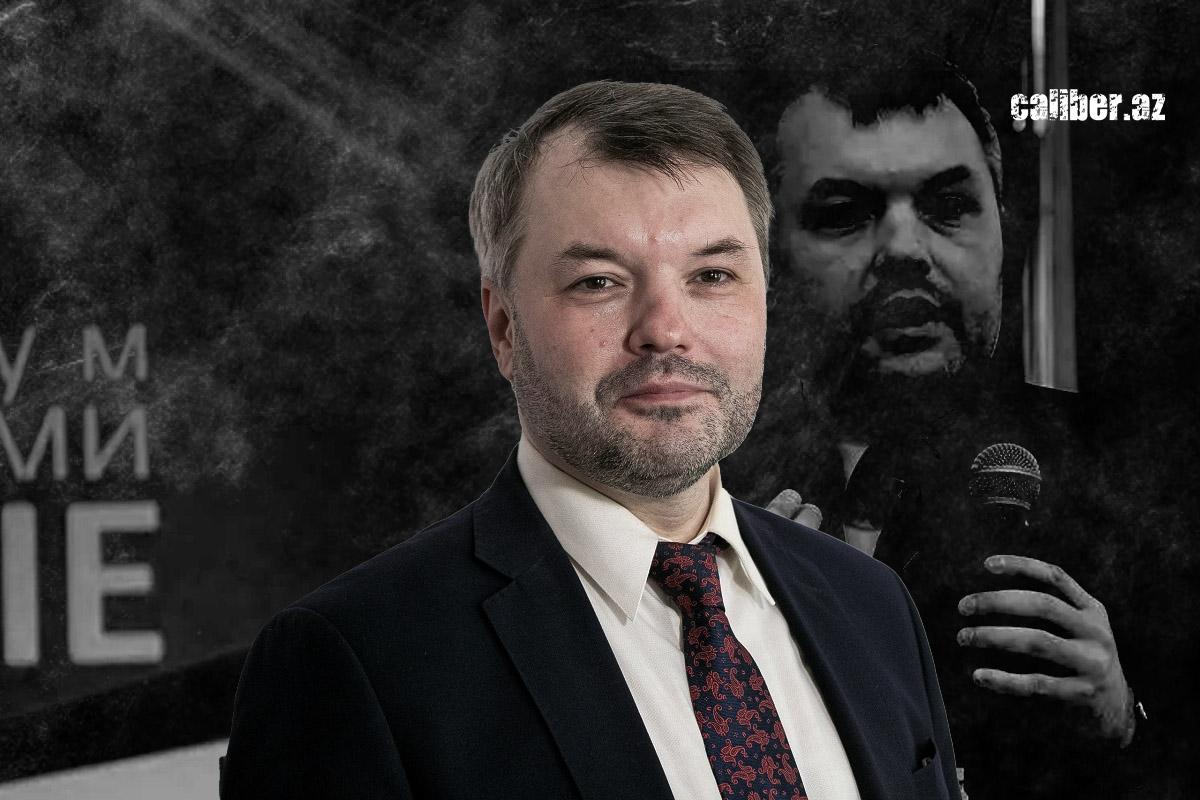Armenia's Soros-inspired historical rewriting may raise tensions Manipulating history
It seems that tensions in the Armenia-Russia relations, fueled by Armenia’s Western aspirations, might escalate further due to attempts by Armenia to revise history and depict Russia as an occupying power.
According to Armenian media, the government of Armenia has approved a new 8th-grade textbook titled "History of Armenia," in which the "annexation of Eastern Armenia" by the Russian Empire in 1828 is referred to as "annexation." Chapter 6.1 of the textbook is titled "Annexation of Eastern Armenia by Russia." Additionally, the Turkmenchay Treaty (signed after the Russo-Persian War of 1826-1828) is portrayed as an act of occupation by the Russian Empire.
In reality, there was never an entity known as "Eastern Armenia," and the Turkmenchay Treaty actually refers to the incorporation of the Karabakh and Nakhchivan khanates into Russia. Armenians were settled in Azerbaijani territories specifically after the Kurakchay, Gulistan, and Turkmenchay treaties. It appears that Armenia is attempting to fabricate a historical justification for distancing itself from Russia and aligning with the West, while also promoting a myth to the international community that Armenians once had their own state in the South Caucasus.
Director of the Russian Institute of Contemporary State Development Dmitry Solonnikov has expressed his opinion on this issue for Caliber.Az.

Commenting on the latest anti-Russian move by Armenia, Solonnikov noted that the current Armenian leadership is systematically engaged in historical revisionism, following the instructions of Soros and Western foundations.
“In a figurative sense, Armenia is a model student executing the assignments of its Western mentors flawlessly in exchange for substantial financial support. We can clearly see how Soros’s historical revisionism is spreading globally, with his ideology and reinterpretation aligning with the new world order becoming mainstream for shaping the views of the younger generation. This phenomenon is occurring in Eastern Europe, Ukraine, Moldova, and now Armenia. Consequently, Yerevan's task seems to be to portray Russia as Armenia's historic enemy and occupier. In this context, it wouldn’t be surprising if, according to Armenian narratives, Russia were also accused of being responsible for the ‘genocide of the Armenian people’,” he said.
“We can already observe that Armenian fascist collaborators, condemned after World War II as Hitler's accomplices—such as Nzhdeh have been glorified as heroes in Armenia. This represents a new format of historical representation being instilled in Armenian society. The actual historical facts, including the reality that there was no unified Armenia but rather the Karabakh and Erivan khanates, are irrelevant. Under Soros's influence, historical facts are disregarded. Instead, it is acceptable to erase historical actors, invent new heroes and events—this is seen as a normal process of reformatting consciousness. The general lack of historical knowledge and the readiness to accept and embrace these imposed new narratives are actively used in Armenia. The primary objective for Armenians seems to be to portray Russia as an enemy, demand reparations from Moscow after its exit from the Eurasian Economic Union [EAEU], and file claims against it in the International Court,” Solonnikov stressed.
“I believe that the current Armenian leadership will indeed follow this path, and Russia should prepare for this seriously. Soros is banned in several countries, such as Hungary, due to intense opposition to leaders who prevent him from conducting experiments on the population's minds. We see that the Armenian leadership is not rejecting such an experiment, and the population is accepting this venture, which is their choice. I anticipate that the manipulation of Armenian society’s consciousness will continue, which, in turn, will increase the risks of provocations and unexpected actions in the country," he added.








